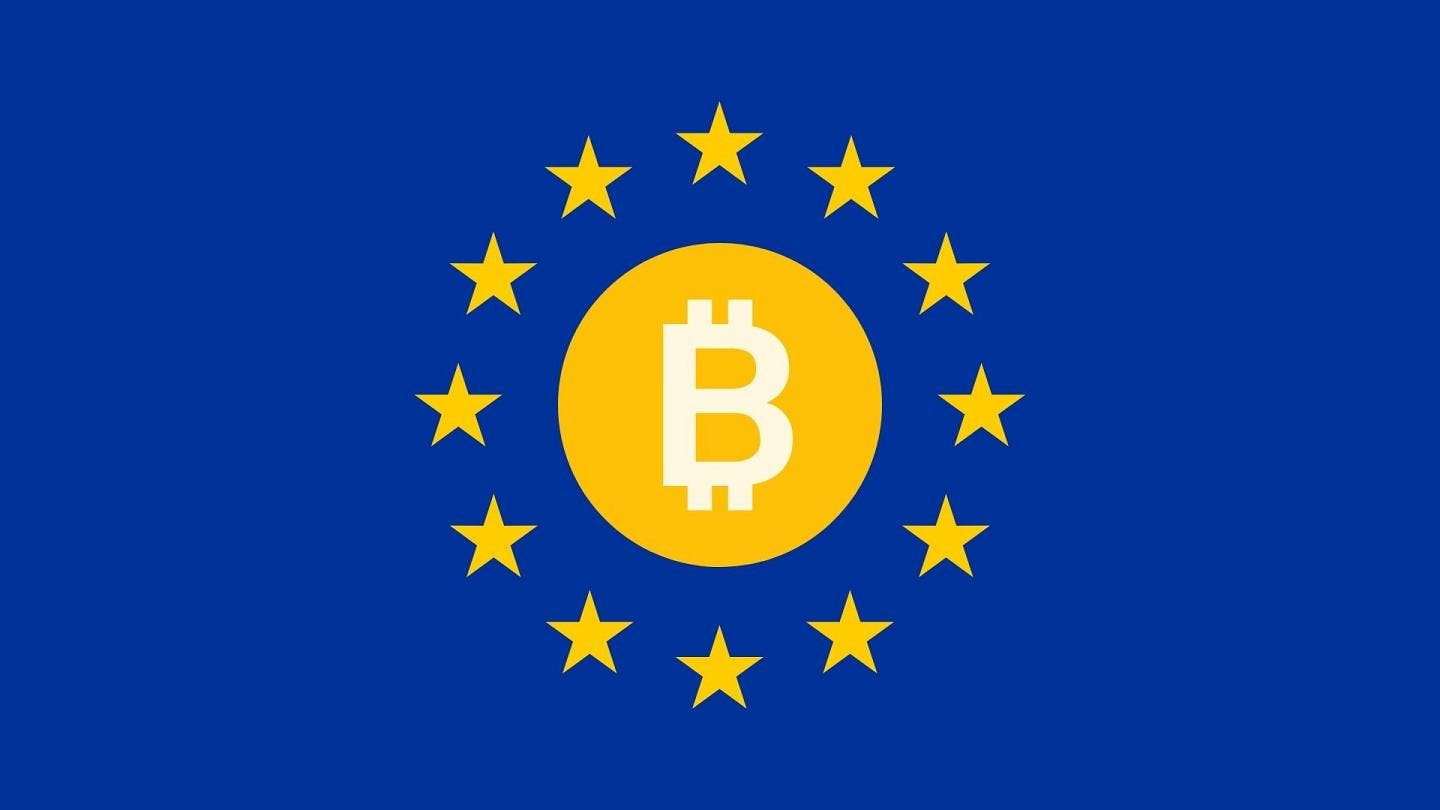Introduction
Ever since Satoshi Nakamoto made his last Bitcoin post on December 12, 2010, the FinTech world has never been the same. Twelve years later, we have over 18,000 cryptocurrencies and crypto tokens, hundreds of exchange platforms, and protocols that power the Satoshi dream of financial freedom for everyone alive.
Even with over 500 billion USD traded in cryptocurrency in 2021, we’re still far away from the crypto-powered internet world Satoshi dreamed of, and one substantial reason for this is government regulations.
Regulations have proven to be a hurdle, holding cryptocurrencies from being used in everyday transactions or even in more complex financial schemes like insurance, investments, or lending. So what are some of these regulations blocking crypto adoption? What are examples of these countries, and what are their reasons? Are there countries doing the complete opposite of this?
In this article, we’ll break down regulations affecting cryptocurrencies in different countries and the steps crypto communities are taking to mitigate this.
The United States

It’s estimated that over 30 million US citizens own cryptocurrency, which is about 10% of the population. Buying and selling of cryptocurrencies in the US is legal and, is regulated by three organizations: The Securities and Exchange Commission (SEC), the Commodity Futures Trading Commission (CFTC), and the Office of the Comptroller of the Currency (OCC). This means that there’s no umbrella directive or policy to guide the use or the trade of cryptocurrencies and, it all depends on the specific situation.
The Securities and Exchange Commission (SEC) recognizes cryptocurrencies as securities. This requires buying, selling, or issuance of tokens, especially of Initial Coin Offer (ICO) to be under the guidelines and policies of the SEC. The commission also claims crypto exchange platforms operate like traditional regulated exchanges and therefore, should be regulated.
The Commodity Futures Trading Commission (CFTC) protects the public from fraudulent, manipulative, and exploitive financial practices regarding option and future trading. Because the CFTC considers Bitcoin and other digital assets to be financial commodities, they must be traded under the commission's supervision and policies.
Bitcoin or any other cryptocurrency is not legal tender in the US. This means that the government doesn’t recognize cryptocurrencies as a way to meet financial obligations be its public debt, private debt, or tax payments.
Finally, one other major body that has authority over digital assets regulation is the Federal Reserve. As of today, the institution hasn’t made any decision on whether or not it’ll implement Central Bank Digital Currency (CBDC) in the US, but the institution has issued a discussion paper on CBDC to spark a conversation on its practicality. Bitcoin remains to be the most popular cryptocurrency in the US today.
China

China has over 300 million crypto users. This number is likely to keep soaring with the implementation of the digital Yuan.
China is one of the major global economies to openly ban the use of crypto transactions. Despite China being one of the leading global cryptocurrency markets, the People’s Bank of China (PBOC) stated in 2021 that cryptocurrencies aren’t legal tenders and that transactions of these digital assets are illegal to Chinese citizens.
This ban temporarily caused a fall in cryptocurrency markets in September 2021. Since then, China has intensified its crackdown on crypto trading and mining, with legal consequences for individuals engaging in such activities.
China joins a list of other countries, including North Macedonia, Algeria, Morocco, Egypt, and Vietnam, that have completely banned the trade or use of cryptocurrency.
Ironically, the country has been leading in the experimentation and implementation of CBDC since 2020. The digital Yuan or e-CNY is currently being tested with commercial banks, government institutions, and over 150 million individual citizens currently using it. e-CNY remains the most widely adopted cryptocurrency in China.
The United Kingdom

There are about 10 million users of cryptocurrency in the UK. There’s no clear or direct way in which the UK regulates cryptocurrency. Although cryptocurrency has severally been declared not a legal tender, its trading or ownership is permitted.
However, crypto-exchange platforms are required to be registered by the Financial Conduct Authority (FCA), which is an independent financial regulatory body mandated to protect from financial exploitation and promote financial integrity.
This isn’t limited to crypto-exchange platforms, but also crypto-investment firms, trading platforms, and crypto lending platforms. The bank claims the purpose of regulation in the UK is to mitigate money laundering.
The UK government has a wait-and-see approach when it comes to cryptocurrency regulations and implementation. The Bank of England has not currently introduced a CBDC yet, but it’s considering its use case in the country by going as far as creating a task force to further explore its usability and implementation. Bitcoin and Ethereum remain the most widely adopted cryptocurrencies.
The United Arab Emirates

The United Arab Emirates remains the most crypto-progressive nation in the world. About two-thirds of UAE residents invest or plan to invest in cryptocurrencies soon. Investing and ownership of cryptocurrencies are legal and promoted by the government.
Early this year, the government proposed a new law: Law No. (4) of 2022 Regulating Virtual Assets in the Emirate of Dubai, which establishes Dubai Virtual Assets Regulatory Authority (VARA). This move is aimed at making Dubai a hub for crypto-related firms.
The organization is tasked with coming up with policies to protect crypto investors and users, and promote the use and investment of digital assets in Dubai. The move has led many digital assets-related businesses to move their firms to Dubai.
The Central Bank of the United Arab Emirates has also shown interest in working and implementing a CBDC from 2023 onwards, but Bitcoin and Etherium remain the most widely adopted crypto assets.
Portugal

Portugal is the leading crypto-friendly country in the European Union bloc with over 4% of its population already using crypto. The country is also trying to attract more crypto investors through crypto-friendly regulations. In 2021, the Action Plan for the Digital Transition roadmap was officially gazetted, which includes policies related to cryptocurrencies and digital assets.
In this directive, ICOs may be subjected to securities on a case by case regulations by the Portuguese Securities Market Commission. But still, since there’s no framework governing crypto investment, mining, or trading, cryptocurrencies aren’t recognized as legal tender.
Portugal's most progressive crypto regulation is, no capital gains tax or value-added tax (VAT) on crypto transactions or income. This is because the government considers cryptocurrencies a payment method and not an investment.

The Central African Republic became the second country to make Bitcoin a legal tender in its jurisdiction. In April 2022, the Parliament of the Central African Republic unanimously passed a law in favor of making Bitcoin the official currency in the country. It’s not entirely clear how many people invest or transact using cryptocurrencies in the Central African Republic.
The country that has a history of fiscal crisis is seeking to use Bitcoin to spearhead a new start in its economy. The other rules regarding trading, investing, ownership, and lending of digital assets remain unclear. Bitcoin remains the most widely adopted cryptocurrency in the Central African Republic.
The European Union

In the EU, every member state has its specific regulations concerning cryptocurrencies and digital assets, but some policies apply to all member states.
In March 2022, the European Parliament introduced a new set of policies to govern: How crypto assets will be used in the EU, The legal framework for the crypto market in the bloc, Protecting consumers, Overseeing crypto-mining activities over energy sustainability concerns. The regulations also provide for the European Securities and Markets Authority (ESMA) to oversee issues of ICO tokens, while the European Banking Authority (EBA) oversees cryptocurrency assets. This means that crypto exchange platforms will have to comply with anti-money laundering and Know Your Customer (KYC) policies set out by ESMA and other financial organizations since cryptocurrencies are considered to be financial commodities.
The European Central Bank (ECB) has also shown intentions of launching a CBDC dubbed as digital euro to meet its citizen’s demands. The project is in a 24-month design and implementation testing phase, and the bank hopes to introduce it as early as 2025.
Ownership, trading, or use of cryptocurrency is considered legal, but currently, there are no plans to make Bitcoin or any other assets legal tender.
India

India has had a mixed approach when it comes to cryptocurrency and digital assets regulations. The country currently boasts over 20 million crypto users, over 200 crypto startups, and over 6 billion USD in crypto assets ownership, but the journey hasn’t always been smooth.
Cryptocurrency in India is related by the government through the Reserve Bank of India.
In 2018, the Reserve Bank of India banned all banking institutions from offering crypto-related services, including trading, and claimed that cryptocurrencies promote money laundering and undermine market integrity. The Supreme Court of India later reversed the ban in 2020.
However, in 2021 the government seemed to be geared toward a crypto regulation framework, as evident in The Cryptocurrency and Regulation of Official Digital Currency Bill of 2021. The bill seeks to create a CBDC issued by the Reserve Bank of India to supplement fiat currency, but not replace it. The bill also seeks to suppress cryptocurrencies controlled by private entities.
Bitcoin, Ethereum, and Tether are the most widely used cryptocurrencies in India.
El Salvador

As of today, El Salvador may be the most crypto-progressive country globally. Half of Salvadorians have a Bitcoin wallet. El Salvador began experimenting with Bitcoin in 2019, through a project known as Bitcoin Beach.
The flagship project, which was a collaboration between the government, early Bitcoin adopters, and NGOs, was aimed at testing and promoting the adoption of Bitcoin in everyday transactions.
Later in September 2021, the government of El Salvador gazetted Bitcoin as a legal tender, alongside the US dollar, to promote Salvadorans living overseas to send remittances back to the country. The regulations and implementation of Bitcoin as a legal tender was placed under El Salvador's Central Reserve Bank.
Other laws governing trading, lending, and investment of other cryptocurrencies, remain unclear.
Conclusion
Countries around the world continue to open up more to the possibility of including cryptocurrency in their economies. While some of them shut them down completely, we remain hopeful of progressive crypto regulations in the coming years.


